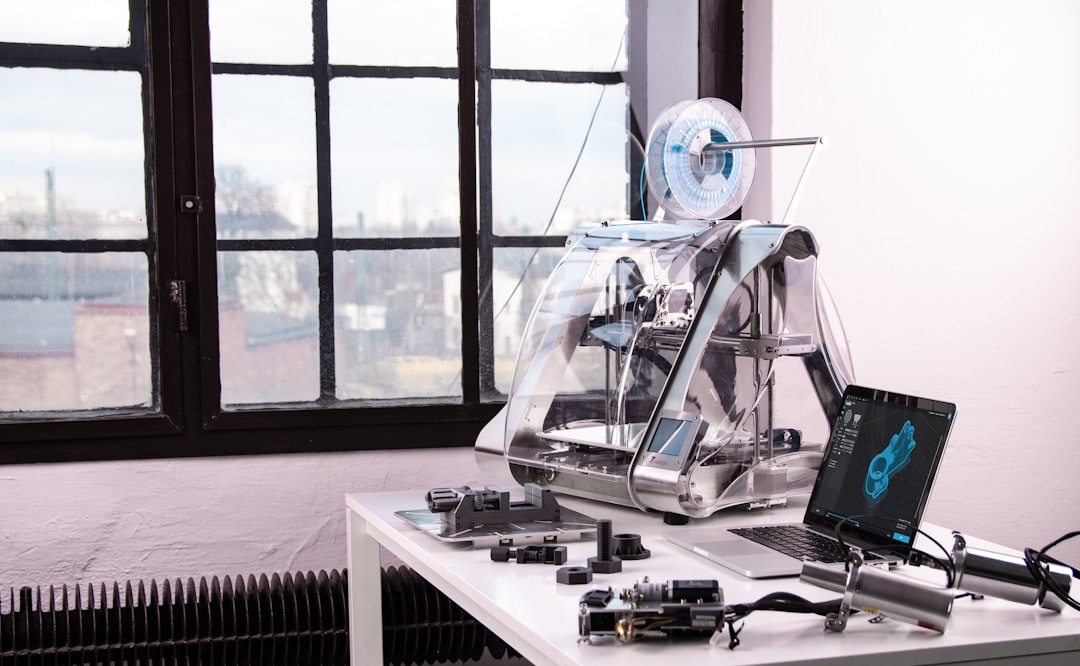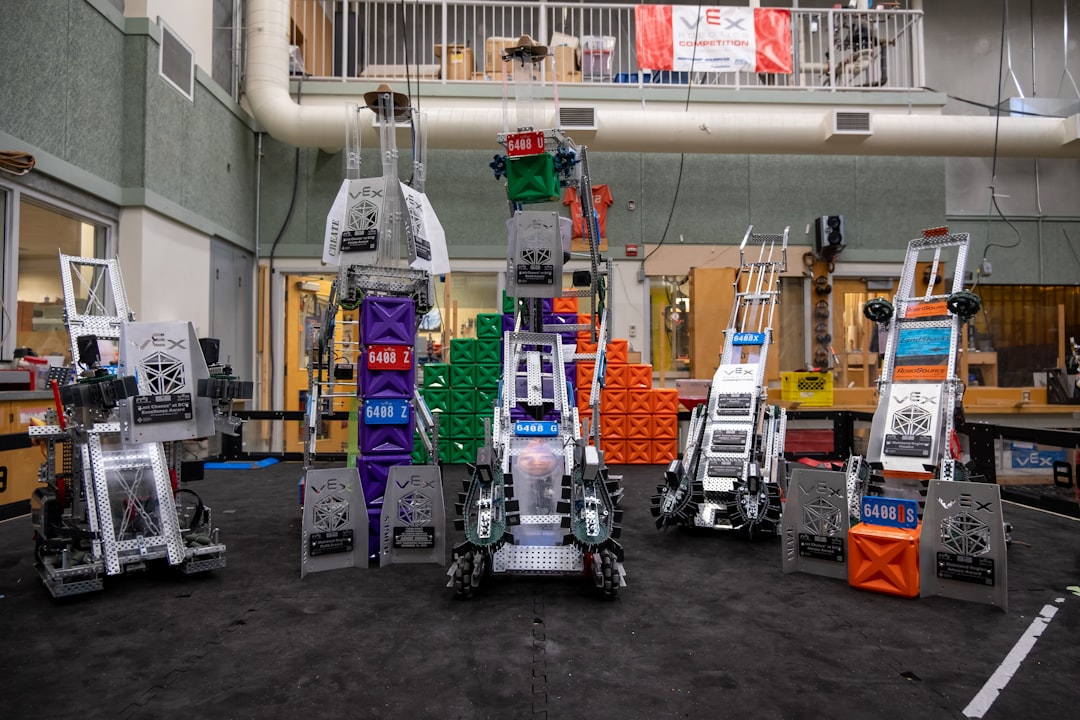In recent years, the robotics industry has seen an explosive wave of innovation led by small, agile startups. These companies are challenging the dominance of traditional industrial robotics giants by introducing lightweight, intelligent, and adaptive machines tailored to modern needs. One such rising innovator is Dexmate, a startup that exemplifies the new direction of robotics—blending smart software with versatile hardware to create solutions that are accessible, scalable, and efficient.
The Rise of Intelligent Robotics Startups
For decades, robotics was synonymous with large factories, complex programming, and prohibitively expensive machinery. However, that paradigm is shifting rapidly. Today’s robotics startups are building next-generation systems that are no longer confined to manufacturing floors or research labs. Instead, they operate in healthcare, logistics, hospitality, retail, and even homes. What makes startups like Dexmate stand out is their ability to rapidly prototype, iterate, and deploy machines that integrate artificial intelligence, machine learning, and advanced sensor technologies.

Dexmate, for example, focuses on creating robotic arms and manipulators that are user-friendly, affordable, and capable of learning from their environment. Unlike conventional robotic systems that depend on constant human programming, Dexmate’s solutions leverage AI to learn tasks over time, improving their effectiveness with each iteration. This agility is proving especially attractive to small and mid-sized businesses that need flexible, on-demand automation.
What Sets Startups Like Dexmate Apart
Agility and innovation are the lifeblood of these emerging companies. Here’s what differentiates them from legacy firms:
- Modular Design: Dexmate and similar startups often embrace modularity, allowing users to mix and match different components to meet specific use cases.
- AI Integration: Incorporating machine learning enables robots to adapt to unforeseen situations, perform complex tasks, and improve efficiency over time.
- Low-Code Interfaces: Many startups including Dexmate offer platforms with visual or low-code interfaces, dramatically reducing the need for specialized engineering skills.
- Affordability: These companies are producing fewer capital-intensive robotics solutions, making them viable even for small businesses and startups themselves.
Beyond the technology, there’s also a cultural element at play. The people behind these startups tend to champion open collaboration, interdisciplinary approaches, and a focus on solving real-world challenges rather than theoretical issues. Under this environment, robotics has become more democratized and accessible.
Key Areas Where These Startups Are Making an Impact
Startups like Dexmate are disrupting traditional industries through automation in areas that were previously untouched or underserved. Some notable domains include:
- Healthcare: Robotic arms that assist surgeons, aid in rehabilitation, or automate lab processes.
- Warehousing & Logistics: Autonomous mobile robots (AMRs) and robotic manipulators that handle sorting, packing, and inventory checks.
- Food & Beverage: Machines capable of precision food preparation, ingredient handling, and even customer service roles.
- Education & Research: Affordable robotics kits and development platforms enabling students and researchers to conduct hands-on learning.

Take Dexmate, for instance, which recently partnered with a major e-commerce company to deploy lightweight robotic arms inside fulfillment centers. These robots now assist human workers by sorting items into bins, significantly reducing fatigue, error rates, and operational costs. The same system can be adapted for a hospital setting to assist in medication sorting or patient interaction, demonstrating the breadth of use cases enabled by flexible design.
Technologies Powering This Wave
Several transformative technologies underpin the progress of robotic startups:
- Computer Vision: Robots can now “see” and interpret visual input, enabling object detection, navigation, and interaction with dynamic environments.
- Cloud & Edge Computing: By leveraging cloud-based software updates and edge-based data processing, robots remain both powerful and cost-effective.
- Voice Recognition & NLP: Communication between humans and robots has become more natural, expanding potential interfaces.
- Collaborative Design: Also known as cobots, collaborative robots are designed to work safely alongside humans, a key area of focus for companies like Dexmate.
This blend of robotics with smart software and intuitive interfaces not only drives productivity but also fosters deeper human-machine collaboration.
The Business Model Advantage
Another important differentiator for today’s startups is disruption through business models. Instead of selling expensive hardware outright, many companies now offer Robotics-as-a-Service (RaaS), where clients subscribe to a robotic system in exchange for regular service, upgrades, and performance monitoring. Dexmate, for example, offers a RaaS model for small logistics firms, allowing them to access top-tier robotics solutions without up-front investment.
This subscription or leasing model helps reduce friction for organizations seeking to integrate automation, bringing transformative technology within reach for many who would otherwise have viewed it as unattainable.
Challenges Still to Overcome
Despite their promise, these startups face a unique set of challenges. Complex regulatory environments, safety concerns, and supply chain dependency often hamper scalability. There’s also a significant need for wider public education about robotics to reduce skepticism and build familiarity.
Yet, the momentum cannot be ignored. As more businesses embrace small-scale automation, the market is poised for exponential innovation. With backing from venture capital, government R&D incentives, and collaborative ecosystems, companies like Dexmate are well-positioned to shape the future of how humans and machines coexist.
Looking Ahead
The robotics frontier is expanding, and so is the impact of nimble innovators like Dexmate. As industries evolve and respond to global challenges—whether it’s labor shortages, supply chain disruptions, or the need for contactless services—adaptive and intelligent robots will play a central role.
From robotic kitchen assistants to AI-driven delivery bots, the age of specialized, affordable automation is no longer a distant vision. It’s already underway, one startup at a time.
FAQ: Startups Like Dexmate and the Robotics Revolution
-
Q: What makes Dexmate different from traditional robotics companies?
A: Dexmate offers affordable, intelligent robotic arms that leverage AI and machine learning to adapt and improve over time. Their user-friendly design and plug-and-play interfaces set them apart from the bulky and complex systems traditionally found in industrial robotics. -
Q: What industries are most impacted by startups like Dexmate?
A: Industries such as logistics, healthcare, retail, food services, and even education are seeing increased adoption of robotics thanks to these startups’ accessible solutions. -
Q: How affordable are these robots?
A: Unlike legacy systems that can cost hundreds of thousands of dollars, companies like Dexmate offer rentals or subscriptions through models like Robotics-as-a-Service, drastically reducing the initial investment needed. -
Q: Are these collaborative robots safe to work with?
A: Yes. Modern cobots are designed with safety features including proximity sensors, lightweight materials, and emergency stop protocols to work safely alongside human teams. -
Q: What is the future outlook for robotics startups?
A: With continued advances in AI, sensor technology, and cloud computing, along with increased demand for automation, robotics startups are expected to grow significantly and play a vital role across multiple sectors.